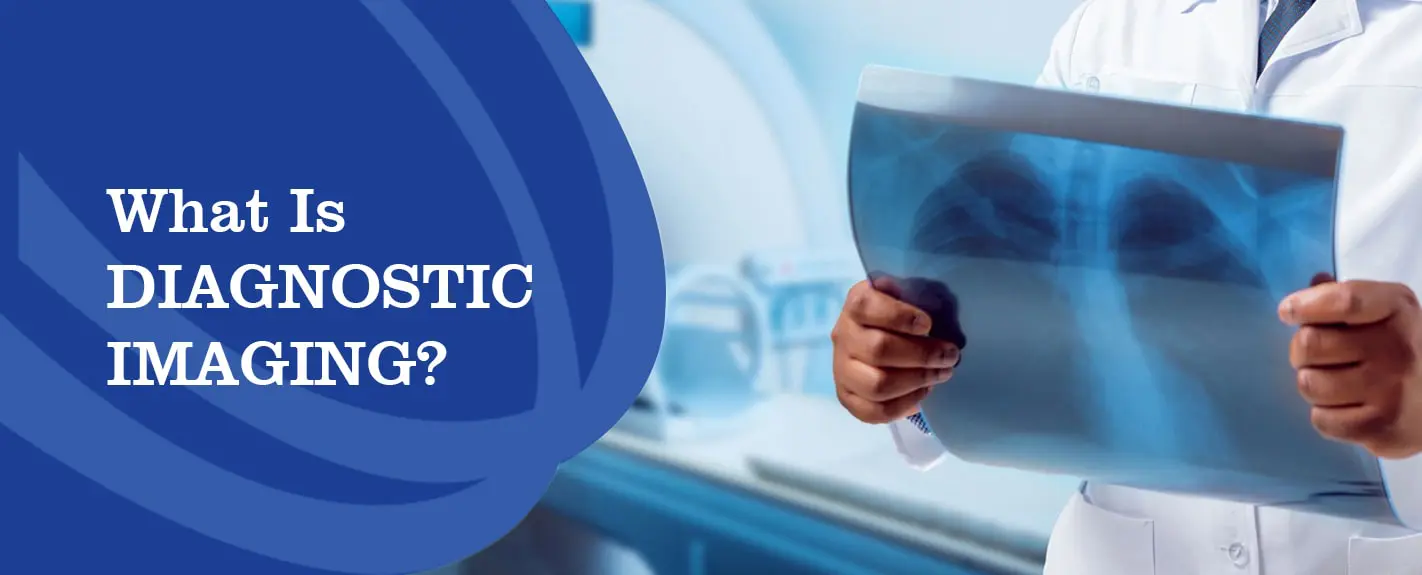
Decoding Precision: The Impact of Radiology Diagnoses
In the realm of medical diagnostics, radiology plays a pivotal role, offering insights that are often crucial for accurate diagnoses and treatment planning. Radiology diagnoses, achieved through advanced imaging techniques, bring a level of precision that enhances medical decision-making. Let’s delve into the significance of radiology diagnoses and how they contribute to the intricacies of modern healthcare.
Evolution of Radiology Techniques
Over the years, radiology techniques have evolved significantly, progressing from traditional X-rays to more advanced modalities such as computed tomography (CT), magnetic resonance imaging (MRI), and positron emission tomography (PET). These technologies provide detailed and three-dimensional views of internal structures, allowing for a comprehensive assessment of organs, tissues, and abnormalities.
Critical Role in Disease Detection
Radiology diagnoses are instrumental in the early detection of various diseases and medical conditions. From identifying tumors and evaluating the extent of injuries to detecting abnormalities in organs and tissues, radiology serves as a powerful diagnostic tool. Early detection often leads to timely interventions and improved outcomes for patients.
Precision in Treatment Planning
Accurate diagnoses are fundamental to developing precise treatment plans. Radiology diagnoses empower healthcare professionals to understand the nature, location, and extent of medical conditions. This information is invaluable in tailoring treatment strategies, whether it involves surgery, chemotherapy, radiation therapy, or a combination of interventions. Precision in treatment planning enhances the efficacy of medical interventions.
Guidance for Minimally Invasive Procedures
Radiology diagnoses play a key role in guiding minimally invasive procedures. Techniques such as interventional radiology leverage imaging guidance to perform procedures with minimal trauma to the patient. From biopsies and angioplasties to catheter placements, the precision provided by radiology ensures accuracy and safety during these interventions.
Monitoring Disease Progression
For individuals managing chronic conditions, radiology diagnoses are essential for monitoring disease progression. Regular imaging assessments allow healthcare professionals to track changes in the size, shape, or characteristics of abnormalities. This ongoing monitoring is crucial for adjusting treatment plans and optimizing care based on the dynamic nature of certain medical conditions.
Enhancing Emergency Care
In emergency situations, timely and accurate diagnoses are paramount. Radiology diagnoses, often available in real-time through technologies like portable X-rays and point-of-care ultrasound, contribute to rapid decision-making in emergency care settings. This speed and accuracy are critical for initiating prompt and effective interventions.
Cross-Disciplinary Collaboration
Radiology diagnoses foster collaboration among healthcare specialists. Radiologists work closely with physicians, surgeons, oncologists, and other medical professionals to interpret imaging results and formulate comprehensive diagnostic reports. This cross-disciplinary collaboration ensures a collective and informed approach to patient care.
Innovations in Artificial Intelligence
The integration of artificial intelligence (AI) is revolutionizing radiology diagnoses. AI algorithms analyze vast amounts of imaging data, assisting radiologists in detecting subtle abnormalities, predicting disease patterns, and improving diagnostic accuracy. This synergy between human expertise and AI capabilities enhances the efficiency and reliability of radiology diagnoses.
Patient-Centric Communication
Effective communication of radiology diagnoses is a crucial aspect of patient care. Radiologists collaborate with referring physicians to convey diagnostic findings in a clear and understandable manner. This patient-centric communication ensures that individuals and their healthcare teams are well-informed, fostering transparency and shared decision-making.
Exploring Resources for Radiology Understanding
For those curious about the world of radiology diagnoses, platforms like Radiology Diagnoses offer valuable resources. This dedicated space provides insights into different imaging modalities, their applications, and the role of radiology in modern healthcare. Exploring these resources contributes to a deeper understanding of the significance of radiology in diagnostics.
Conclusion: Precision Redefined in Healthcare
In conclusion, radiology diagnoses represent a cornerstone of modern healthcare, providing precision and clarity in disease detection, treatment planning, and ongoing monitoring. As imaging technologies continue to advance and artificial intelligence integrates into diagnostics, the role of radiology in healthcare is evolving. The impact of radiology diagnoses goes beyond images; it shapes the trajectory of patient care, contributing to a future where medical interventions are increasingly precise and personalized.
